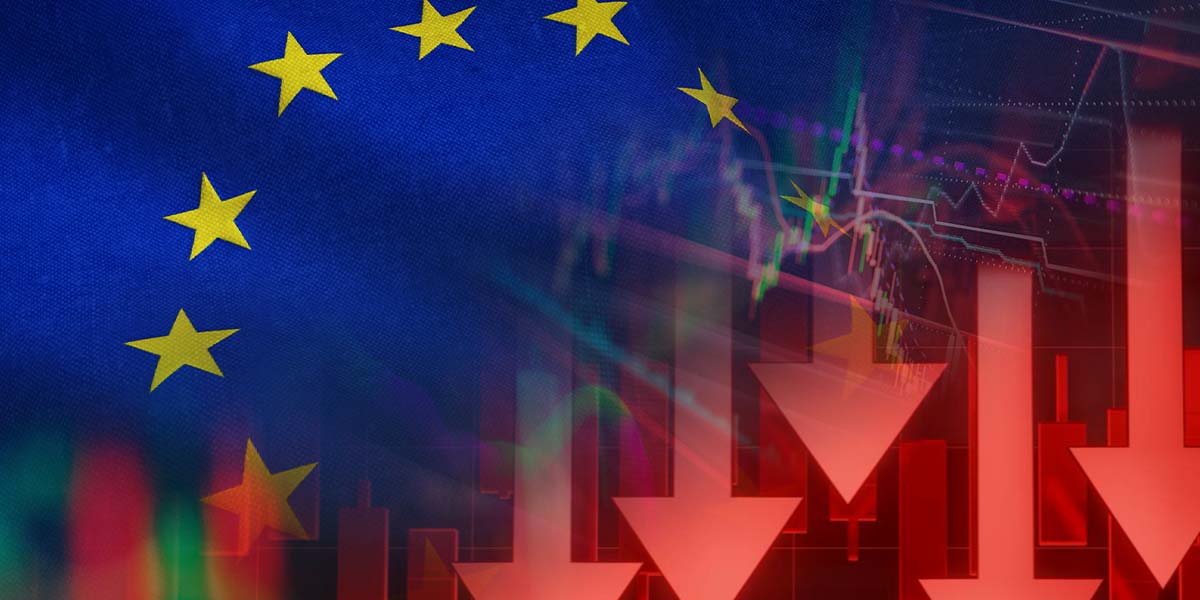European markets faced a downturn on Thursday morning, following U.S. President Donald Trump’s announcement of fresh automotive tariffs.
The Stoxx 600 index fell nearly 1% shortly after markets opened, while the Stoxx Europe autos index took a significant hit, declining 3.3%. As of 15:30 BKK time, the share price of Stellantis, the maker of Jeep, saw its shares dive by 5.06%. Meanwhile, shares of Mercedes-Benz dropped by 5.41%, and Germany’s BMW decreased by 4.34%. Volkswagen and Porsche both dropped 3.45%.
President Donald Trump has delivered on his pledge to impose significant tariffs on foreign automakers and parts, with a 25% duty now targeting all imported cars, light trucks, and specific auto parts not manufactured within U.S. borders. These tariffs, coming into effect on April 2, aim to bolster annual revenue by approximately $100 billion, according to White House projections.
The U.S. president later also warned the European Union and Canada of impending “large scale” tariffs should they join forces in actions against the U.S. economy.
While these measures predominantly affect international automotive manufacturers, domestic giants Ford, General Motors, and Stellantis have also expressed apprehension due to potential disruptions in their global manufacturing networks. These companies, with extensive operations in Canada, Mexico, and China, foresee increased production costs stemming from the tariffs’ influence on supply chain expenses.
In 2024, the U.S. imported $474 billion in automotive goods, including $220 billion worth of passenger vehicles. Countries such as Mexico, Japan, South Korea, Canada, and Germany, which are among the top exporters to the U.S., find themselves directly impacted by these tariffs. Although initially targeting fully assembled vehicles, the executive order extends the tariff scope to encompass components like engines, transmissions, powertrain parts, and electrical systems.





